What's California? Vermont Might Be the Next Hotspot for EV Owners
Even now in 2019, when you hear about the latest and greatest in electric vehicles or alternative energy, it’s usually from the state of California. Vehicle manufacturers still release some of their latest and greatest in just California, while others limit sales to a select group of locales.
Why is that? Obviously, the weather in California is ideal for vehicles that lose range when the weather gets cold. It also helps that many early adopters in technology reside in the Golden State. Also, there are state and local incentives to promote the development of both the vehicles and the infrastructure to power them.
To that end, there’s a community in another state – a much colder state – that’s working hard to advance the cause of electric vehicle adoption. This city provides business and residents some serious motivation to consider a vehicle with a plug as their next purchase. That city is Burlington, in the state of Vermont.
Recently Nissan held a Leaf event in the city, and we had an opportunity to see first-hand what the New England community does to promote the EV lifestyle both from the perspective of the consumer and local businesses.
With just a quick look at PlugShare, you’ll notice many different EV charging locations in and around the city. Many of those charging stations are owned by the city’s electric company.
Burlington Electric provides power to the city and is owned by the municipality itself. They have 14 charging stations throughout the community with 25 access ports for charging. They’re placed in convenient places like the parking garage attached to the hotel we stayed at.
According to Mike Kanarick, Manager of Customer Care and Communications for the power company, it goes much deeper than just offering a place for an EV to plug in.
In 2014, Burlington became the first city to get its power from 100% renewable energy. They even have a goal of being a NetZero energy city by 2030, which means they’ll be creating as much energy from renewable energy as they are using.
The state of Vermont, a green-focused state, has a renewable energy standard that all Vermont electric companies need to adhere to. Burlington is proud of being a Tier III compliant power company, which means of the power they sell, 2% need to be from distributed renewable energy or the equivalent savings in fossil fuel.
ALSO SEE: Nissan Leaf vs Chevrolet Bolt: Which EV is Right for You?
That means customers need to be reducing fossil fuel, so the power company has an incentive to encourage that. It also means that the power company has access to state and federal resources to offer that.
Money comes in a few different ways by following these energy standards, and the state even received $2.4-million from Volkswagen from the Dieselgate settlement.
This money is passed on to the customer when they purchase an electric vehicle. In addition to federal and state incentives, Burlington Electric offers a rebate of $1,800 for low- and moderate-income buyers. If they purchase a plug-in hybrid, they get $1,200.
For those not deemed low- or moderate-income, the rebate is $1,200 and $600, respectively. Either way, the rebate is capped at vehicles with an MSRP of $50,000 or less.
Why? It gives more people who would benefit from the rebate access to the rebate and incentive the purchase of a plug-in by mainstream customers. Darren Springer, head of the power company, described the rebate cap as “equity in access” and a “win-win” for both the customer and the city.
The power company has also partnered with local credit unions and a local Nissan dealership to streamline the purchase of an electric vehicle. This means that the people the customer deals with have extensive experience working with not only EVs, but with the local credits so the customer receives the maximum benefit.
The power company also has an efficiency team that can come to your house and help you be more energy efficient and provide guidance for things like an EV charger installation. The power company even has 300 net metering customers who use things like solar panels to make power at their property and sell it back to the power company.
Of course, the power company purchases electric vehicles for their own fleet, and Darren tells us that employees are encouraged to take these vehicles on runs so that they can experience what it’s like beyond what a test drive at a dealership might entail.
While this forward-looking approach is working well for the city and the power company, they’re continuing to look forward. Transit routes will have electric buses this year. They’re even looking at offering a rebate for electric bikes as an alternative means of transport.
ALSO SEE: Chevrolet Bolt EV Review: Is it Viable if You Don’t Live in the City?
This forward thinking towards green energy independence should have an effect on the competitiveness of Burlington and the draw to new businesses.
Mayor Miro Weinberger, pictured, a driver of a first-generation Leaf himself, addressed the advantages for business.
“Burlington’s focus on green infrastructure has many benefits, one of which is creating a competitive advantage for businesses that are located here. For starters, as state and federal regulations catch up to climate change, businesses in Burlington will be out ahead of competitors elsewhere. Furthermore, as this work strengthens Burlington’s identity as a sustainable and innovative city, Burlington’s businesses get to tell the story of how they are part of a place that sources 100 percent of its electricity from renewables, is well on its way to becoming a Net Zero Energy City and is leading the country on the vital work of decarbonizing our society,” he said in a statement.
What makes all of this a success is how the state and local government, combined with local businesses and even companies like Nissan, work together for the purpose of providing clean energy to the people of the community and access to the latest in alternative fuel vehicles.
ALSO SEE: Nissan Leaf Plus Gets 40% More Range
The added benefit is it not only attracts industry of today but the industries of tomorrow. That brings in jobs and new skills that will be valuable for the foreseeable future.
If you’re thinking about how you could take the principles of what Burlington is using and apply it to your own community, Springer had this advice;
“Get started,” he said. Seems like simple advice, but often difficult for people to accomplish. He added, “Keep moving forward. Invest in charging stations. Partner with dealerships. Partner with financial institutions.”
If it were easy, everyone would be doing it. But for Burlington, they’ve put the time and effort in moving forward and should be considered as a top-tier green city just like all those warm places in California. But with better maple syrup.
A version of this article first appeared on HybridCars.com
More by Chad Kirchner



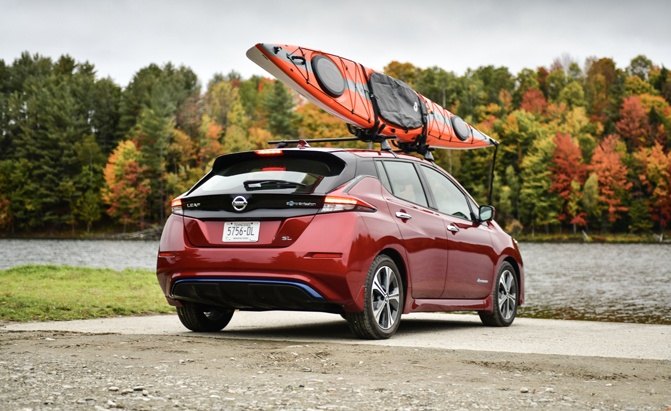




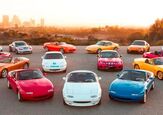









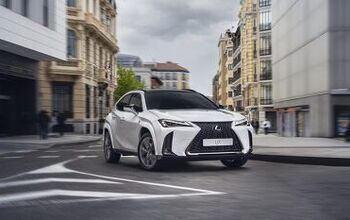
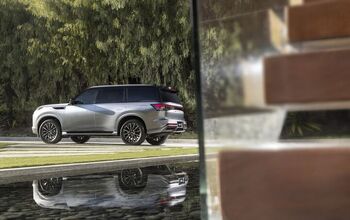
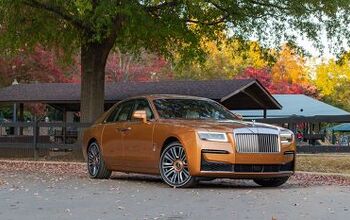
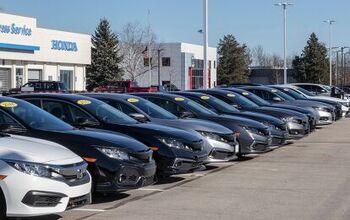
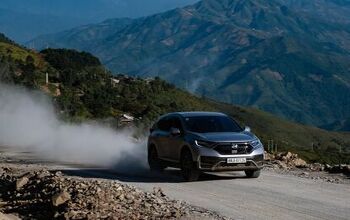

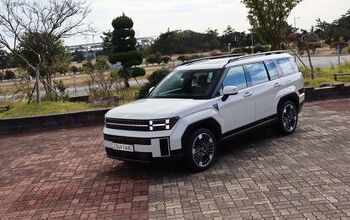
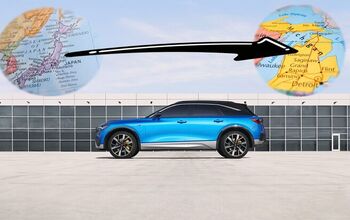
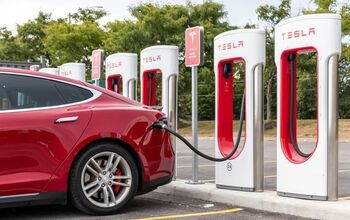
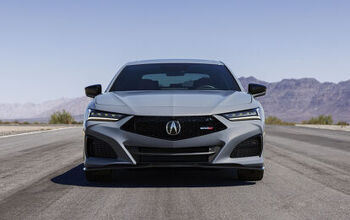
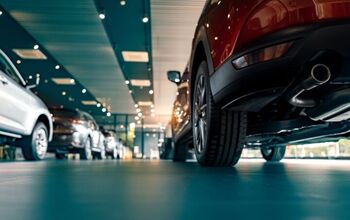

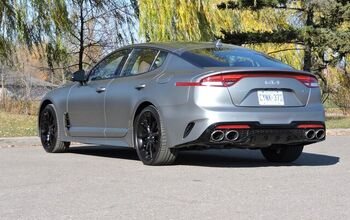

Comments
Join the conversation